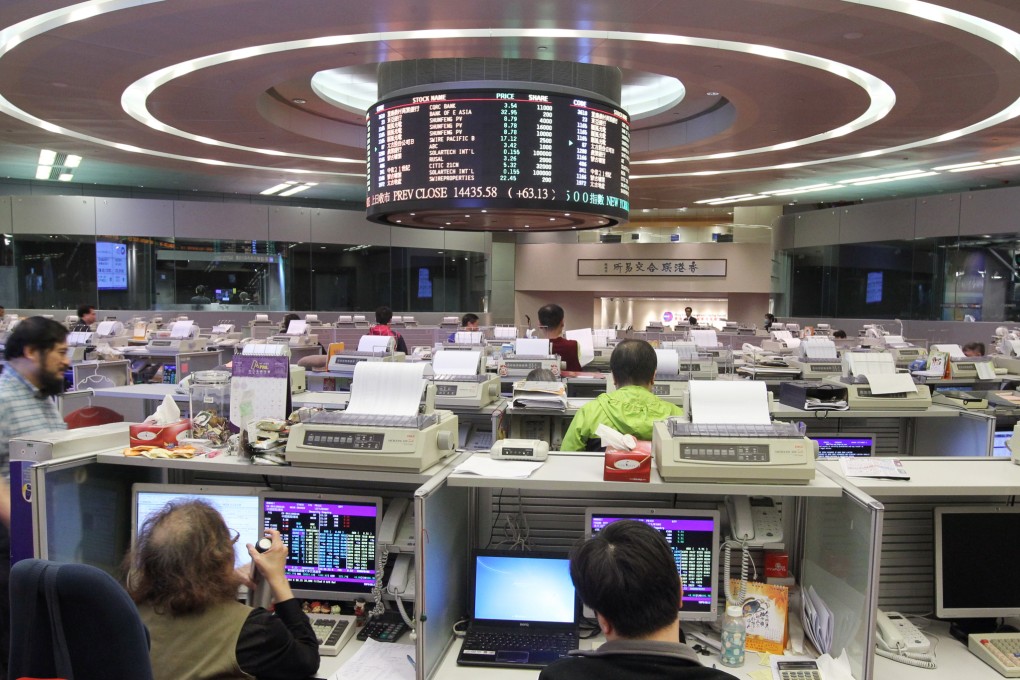Opinion | Let's hope Hong Kong reputation finds a seat as through train sets off
Amid hype for cross-trading system, ponder how city's regulators will fare when chasing the crooks who hitch a ride on our global standing

What does the so-called through train scheme mean to Hong Kong? You have probably read a lot about the goodies that are going to come as investors in Hong Kong and Shanghai are allowed to trade in each other's market. Yet everything comes with a price.
After contributing money and know-how to the country's economic reform over the past decades, we will now be chipping in our reputation - their most needed and our most precious asset - via the through train scheme.
Dollar signs aside, the scheme represents an aggressive "mutual recognition" between two regulatory regimes that are millions of miles apart in every aspect. To cut a long list short: ours is rule-based; theirs is "man-based". Our government stays away from the market; theirs talks the market up and down. Our legal system is trusted; theirs is not.
Everything comes with a price … this scheme is a beauty and the beast marriage
The scheme is a marriage of the beauty and the beast.
Mind you, even marriage between beauties is rare. There are mutual recognition schemes within the European Union; between Australia and New Zealand; and between the US and Australia. The latter was shelved after the 2008 financial crisis.
Allowing companies that are not subject to local regulations to trade at home is an ultra-sensitive issue for every regulator. Yet, in six months, hundreds of mainland companies - beyond the reach of our regulators - will be trading in Hong Kong.
Beijing needs this marriage to happen. It is not so much because of the 300 billion yuan inflow that will breathe life into Shanghai's stale A-share market; or the 250 billion yuan outflow to Hong Kong to alleviate an investment spree that has been pushing up asset prices.
It is much more about finding a long-term cure for its dysfunctional stock market, one of the key stumbling blocks to its economic reform. For years, Beijing has been talking about the importance of cultivating a better mix of investors - instead of just short-term punters - to change the behaviour of the market, listed companies and even the regulators.
